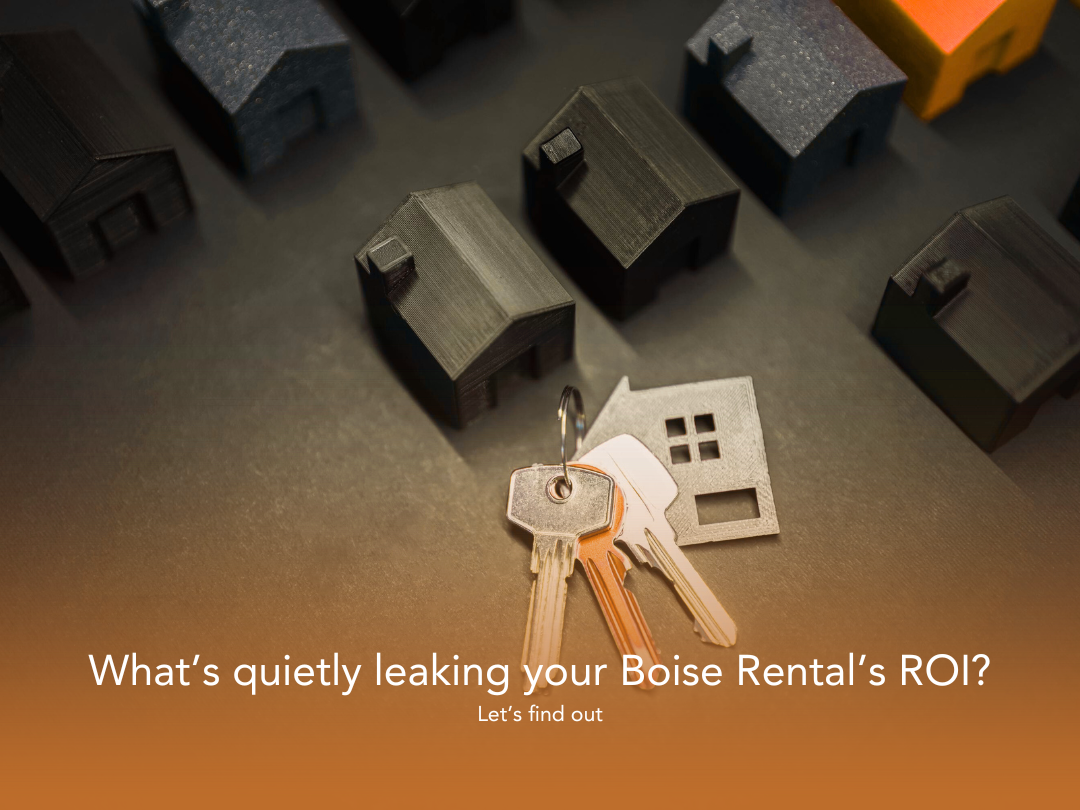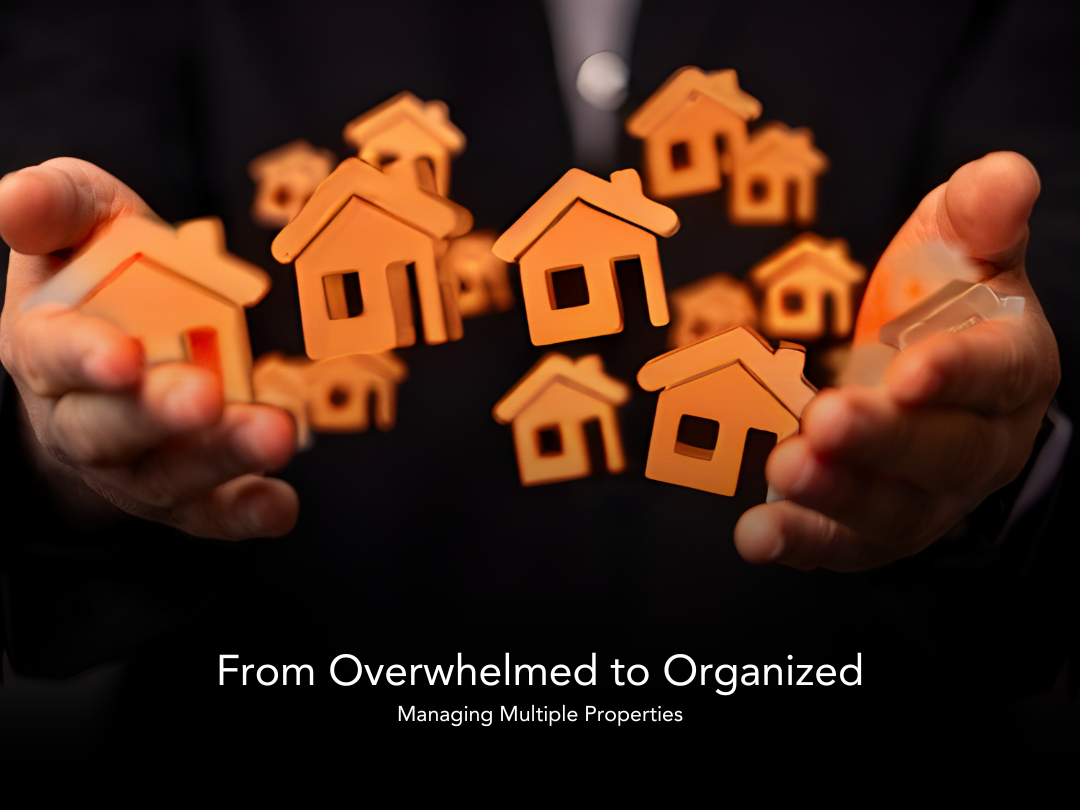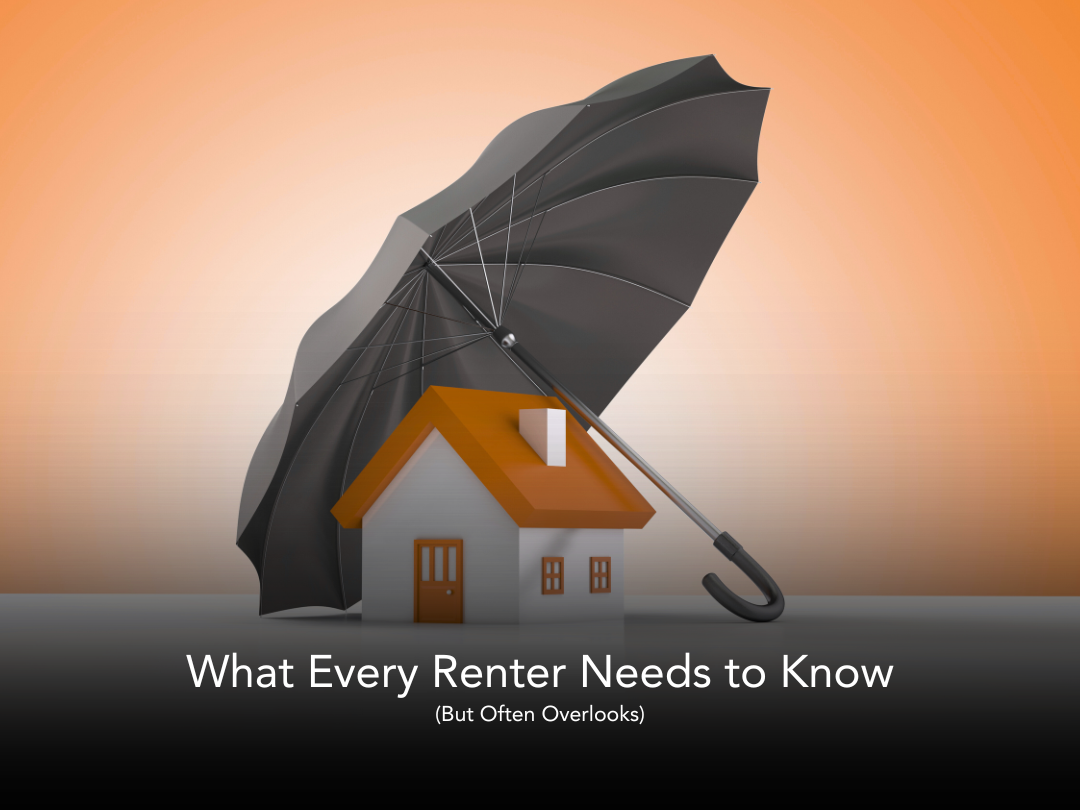Owning and renting out residential properties can be a rewarng investt comes with its fair share of responsibilities. As a landlord in Boise, Idaho, it's essential to understand the ins and outs of residential property management to ensure success. In this article, we'll explore the key aspects of managing residential properties in Boise and provide valuable insights for landlords.
I. Understanding the Local Market
Boise, Idaho, is known for its thriving rental market, with a high demand for quality rental properties. It's important to familiarize yourself with the local market dynamics, including factors that impact rental property demand and pricing. You can make informed decisions about your rental property investments by staying informed about the Boise rental market.
II. Legal and Regulatory Compliance
Landlord-tenant laws and regulations play a crucial role in residential property management. In Idaho, specific laws govern landlord-tenant relationships, such as lease agreements, security deposits, and eviction procedures. Familiarize yourself with these laws to ensure compliance and protect your rights as a landlord. It's also important to understand fair housing laws and anti-discrimination practices to provide equal and equitable opportunities for all tenants.
III. Effective Tenant Screening and Selection
Tenant screening is a critical step in the rental process. It involves assessing prospective tenants to ensure they are reliable, responsible, and can meet their financial obligations. Implementing a comprehensive tenant screening process can help you select tenants who are more likely to pay rent on time, take care of your property, and be respectful neighbors. Conducting background checks, verifying employment and income, and checking rental references are key components of an effective screening process.
IV. Lease Agreements and Rental Policies
Creating clear and comprehensive lease agreements is vital for successful residential property management. A well-drafted lease agreement outlines landlords' and tenants' rights and responsibilities, setting expectations and minimizing potential disputes. It should cover key aspects such as rent amount and due dates, lease duration, late payment policies, pet policies, maintenance responsibilities, and rules regarding property use. By having a legally sound lease agreement, landlords can protect their interests and maintain a harmonious landlord-tenant relationship.
V. Property Maintenance and Repairs
Maintaining and repairing rental properties is an ongoing responsibility for landlords. Regular property inspections can help identify any issues that require attention, allowing for prompt repairs and maintenance. Timely response to maintenance requests from tenants is essential to ensure their satisfaction and preserve the value of your property. Additionally, working with reliable contractors and vendors for repairs and maintenance tasks can help streamline the process and ensure quality artistry.
VI. Rent Collection and Financial Management
Effective rent collection and financial management are crucial for the success of residential property management. Establishing clear rent collection procedures and providing multiple payment options can streamline the process and ensure timely tenant payments. It's also essential to keep accurate records of rent payments and expenses for accounting and tax purposes. Implementing efficient financial management practices, such as budgeting and tracking income and expenses, can help landlords stay organized and make informed financial decisions.
VII. Tenant Communication and Relations
Maintaining open and effective communication with tenants is vital for a positive landlord-tenant relationship. Clear and prompt communication helps promptly address tenant inquiries, concerns, and repair requests. Regularly checking in with tenants can help build rapport and ensure their needs are being met. Multiple communication channels, such as phone, email, and online portals, allow tenants to reach out conveniently. Establishing a friendly and professional approach to tenant relations can increase tenant satisfaction and retention.
VIII. Property Marketing and Advertising
To attract high-quality tenants and minimize vacancies. Utilizing various marketing channels, such as online listings, social media platforms, and local advertising, can help maximize property exposure. High-quality photographs and detailed property descriptions can showcase the unique features and benefits of the rental property. Additionally, highlighting the key amenities, proximity to popular attractions, and desirable neighborhood characteristics can make the property more appealing to potential tenants.
IX. Strategies for Growth and Scalability
Implementing growth strategies is crucial for landlords expanding their residential property management portfolio. This can include acquiring additional rental properties, partnering with real estate investors, or exploring property management services offered by professional companies. Landlords can effectively manage a larger portfolio and achieve scalability by leveraging economies of scale, streamlining operations, and implementing efficient systems and processes.
X. Staying Updated with Industry Trends and Best Practices
As with any industry, the property management field is constantly evolving. It's essential for landlords to stay informed about the latest trends, best practices, and changes in local laws and regulations. By keeping up with industry news, attending educational seminars or webinars, and joining professional organizations, landlords can stay ahead of the curve and make informed decisions that benefit their property management business. Embracing technology advancements and adopting innovative solutions can also contribute to visiting competitive and providing exceptional tenant service.
Conclusion
Residential property management in Boise, Idaho, presents unique opportunities and challenges for landlords. By understanding the fundamentals of property management, including tenant screening, lease agreements, and property maintenance, landlords can lay a solid foundation for success. Additionally, by focusing on tenant communication, effective property marketing, growth strategies, and staying updated with industry trends, landlords can optimize their operations and provide a positive rental experience for tenants.
At 208.properties, we recognize the importance of comprehensive property management services that address the specific needs of landlords in Boise, Idaho. Our team is committed to providing exceptional service, staying up-to-date with industry trends, and delivering customized solutions to meet the unique requirements of each property.
Stay tuned for the next installment of our property management series, where we'll delve into property inspections and maintenance, rental property legal considerations, and more. Whether you're a seasoned landlord or new to the property management industry, our goal is to provide valuable insights and guidance to support your success in residential property management.
Remember, at 208.properties, we're here to help you navigate the challenges and maximize the potential of your residential rental properties in Boise, Idaho. Contact us today to learn more about our property management services and how we can assist you in achieving your investment goals.














